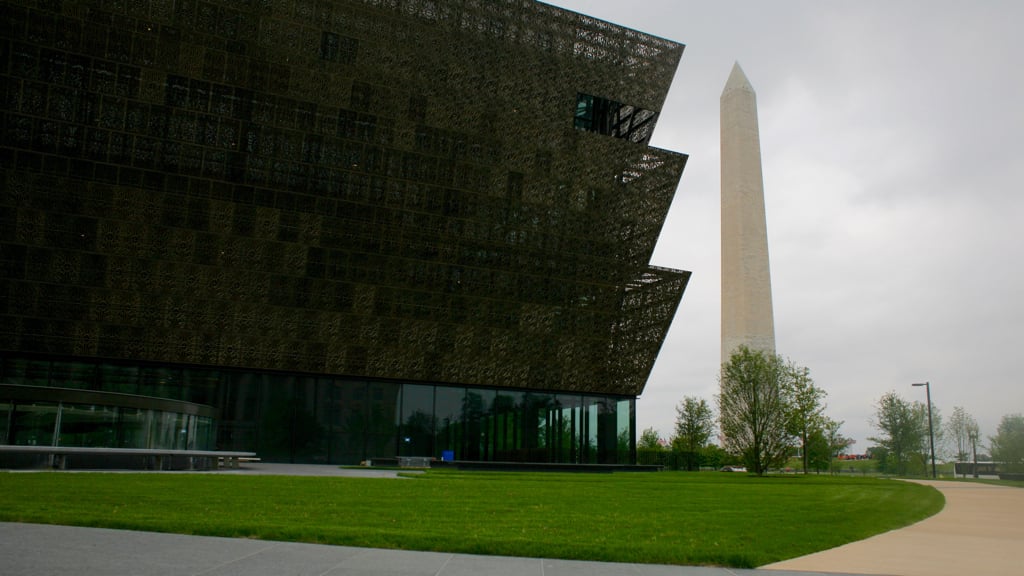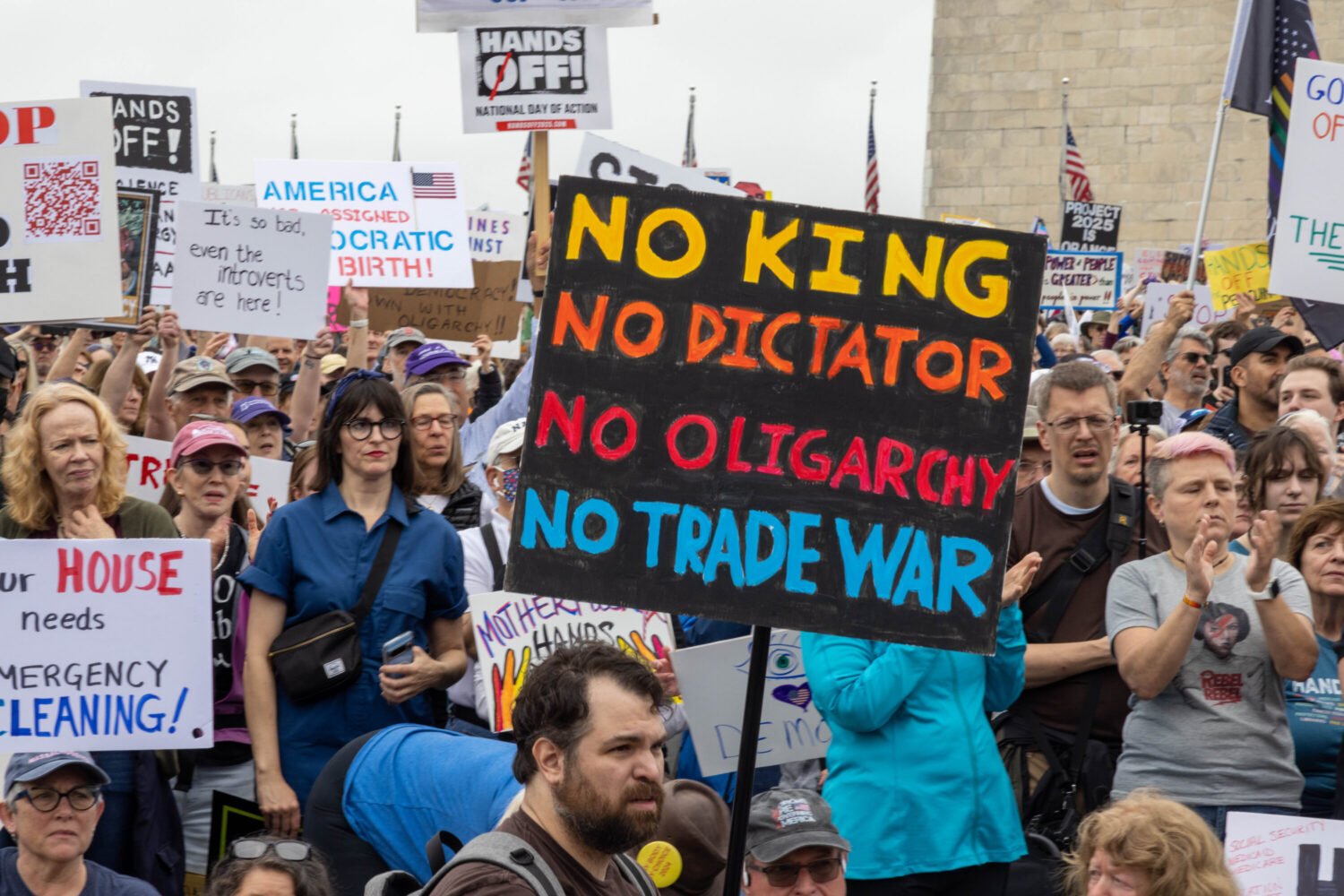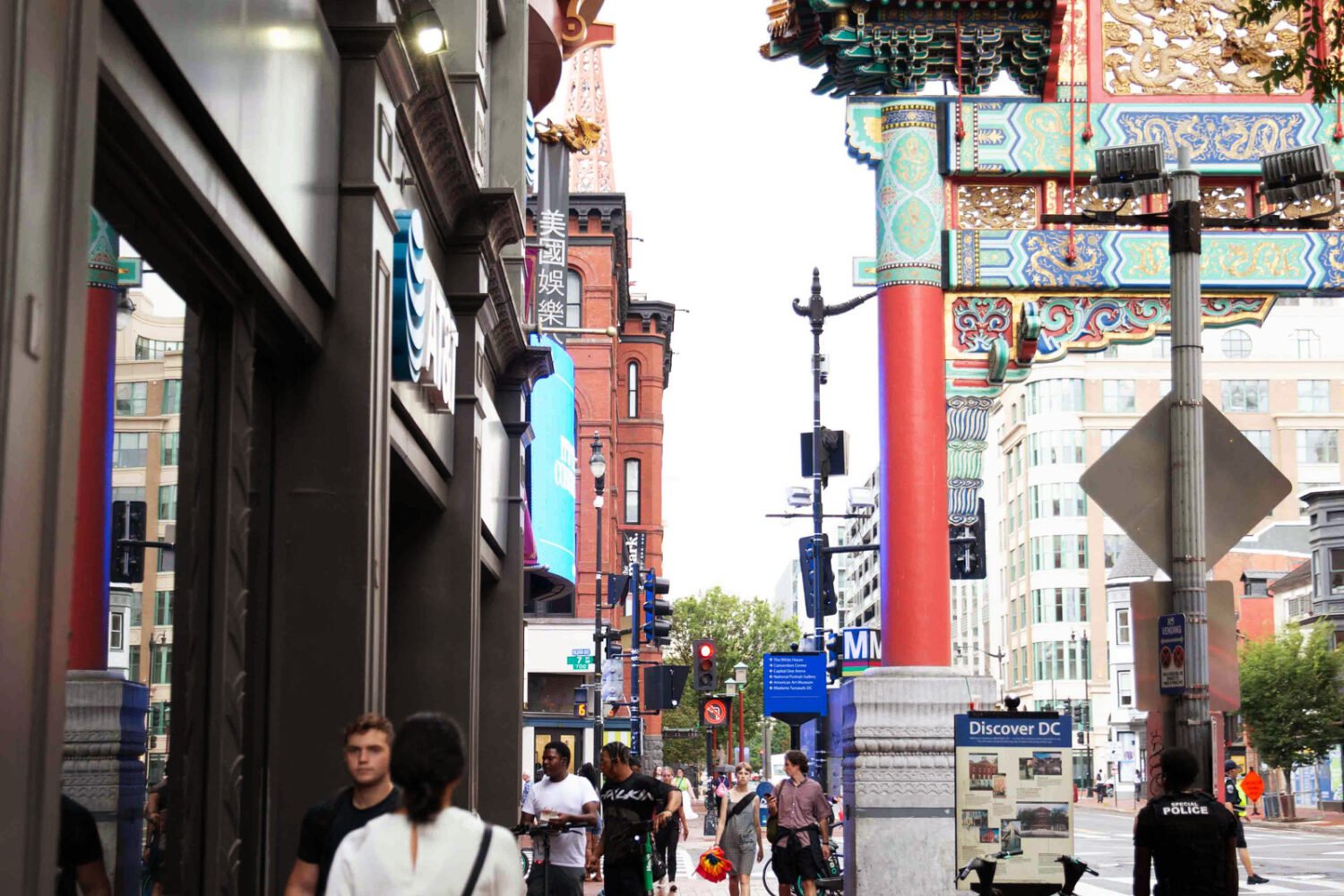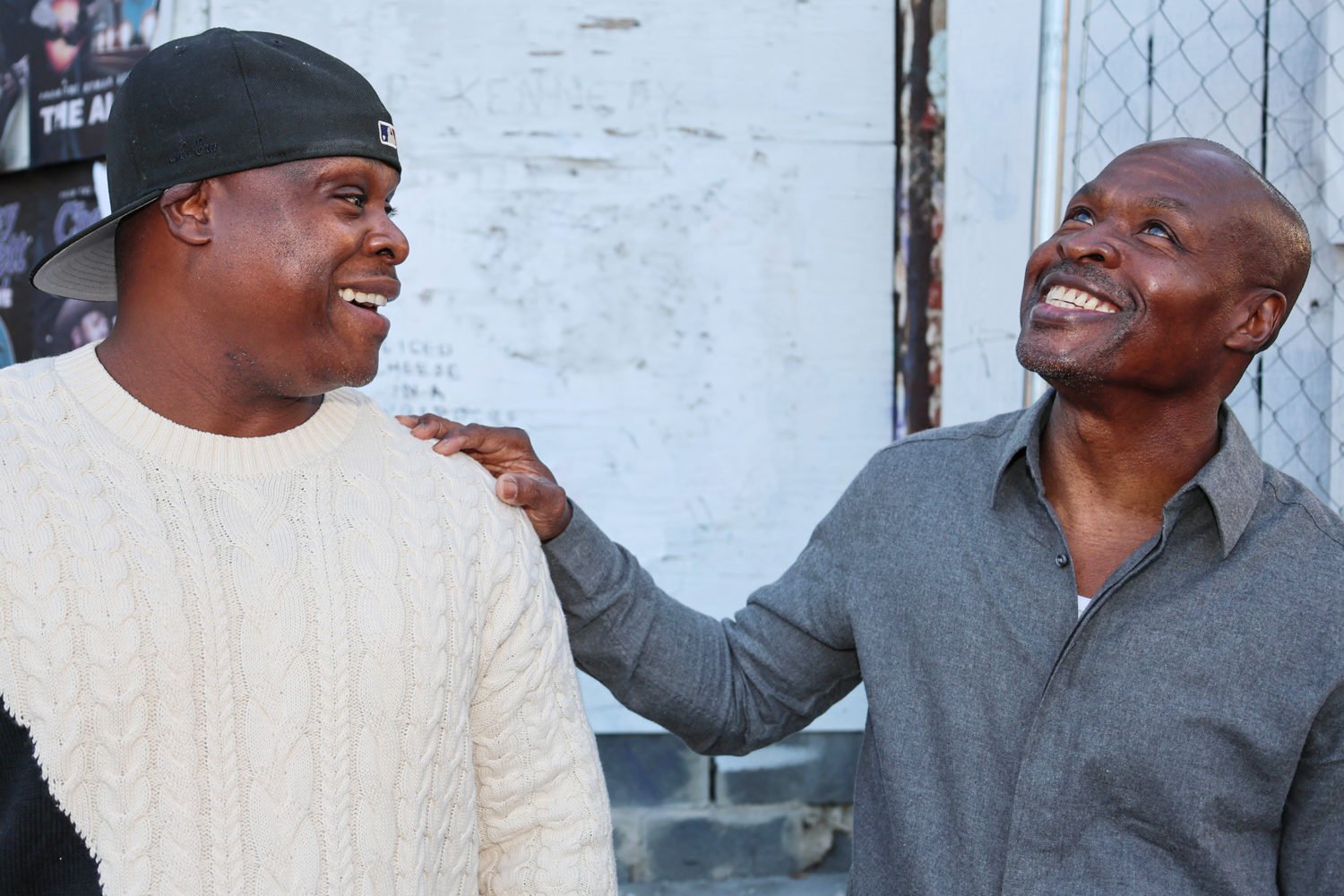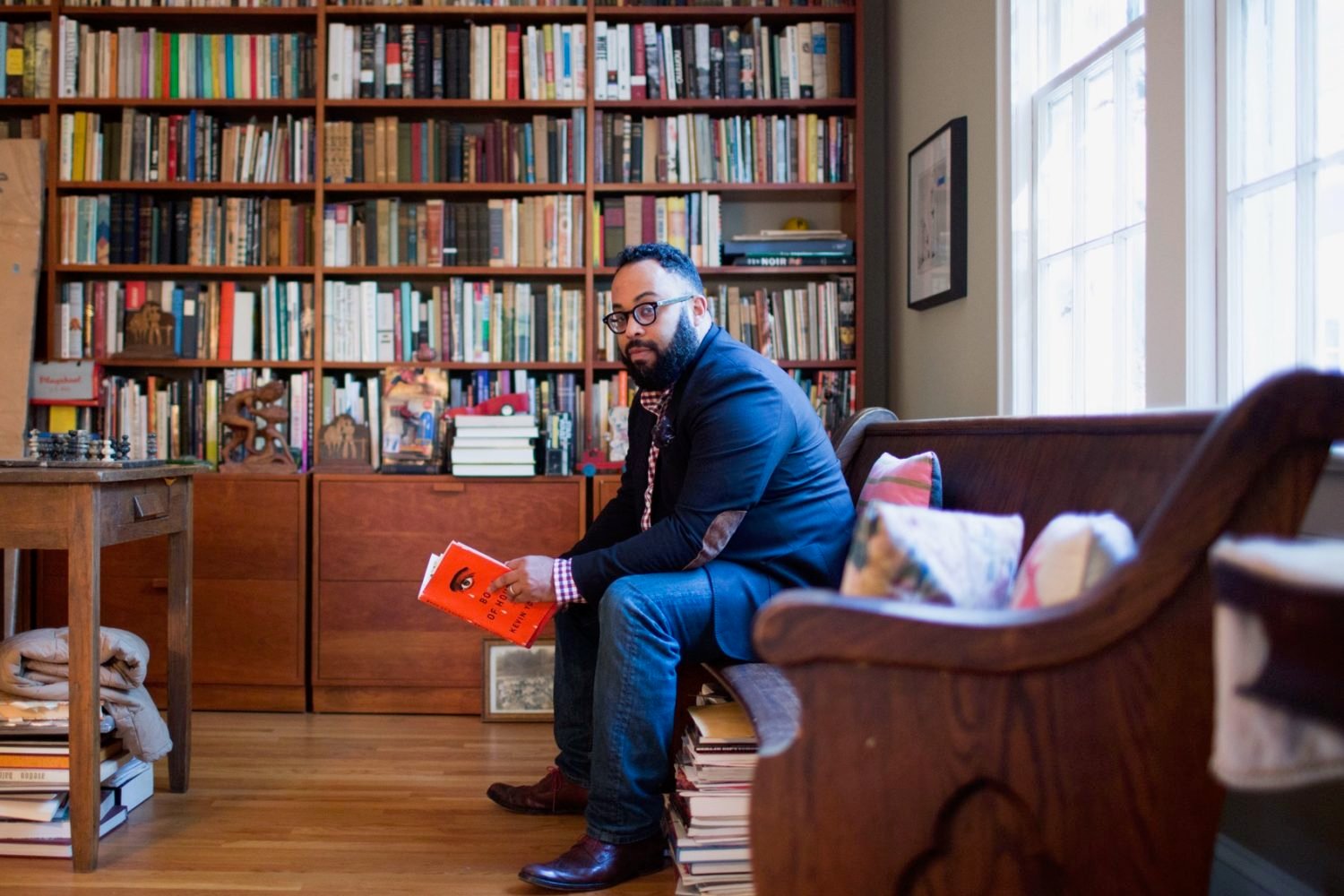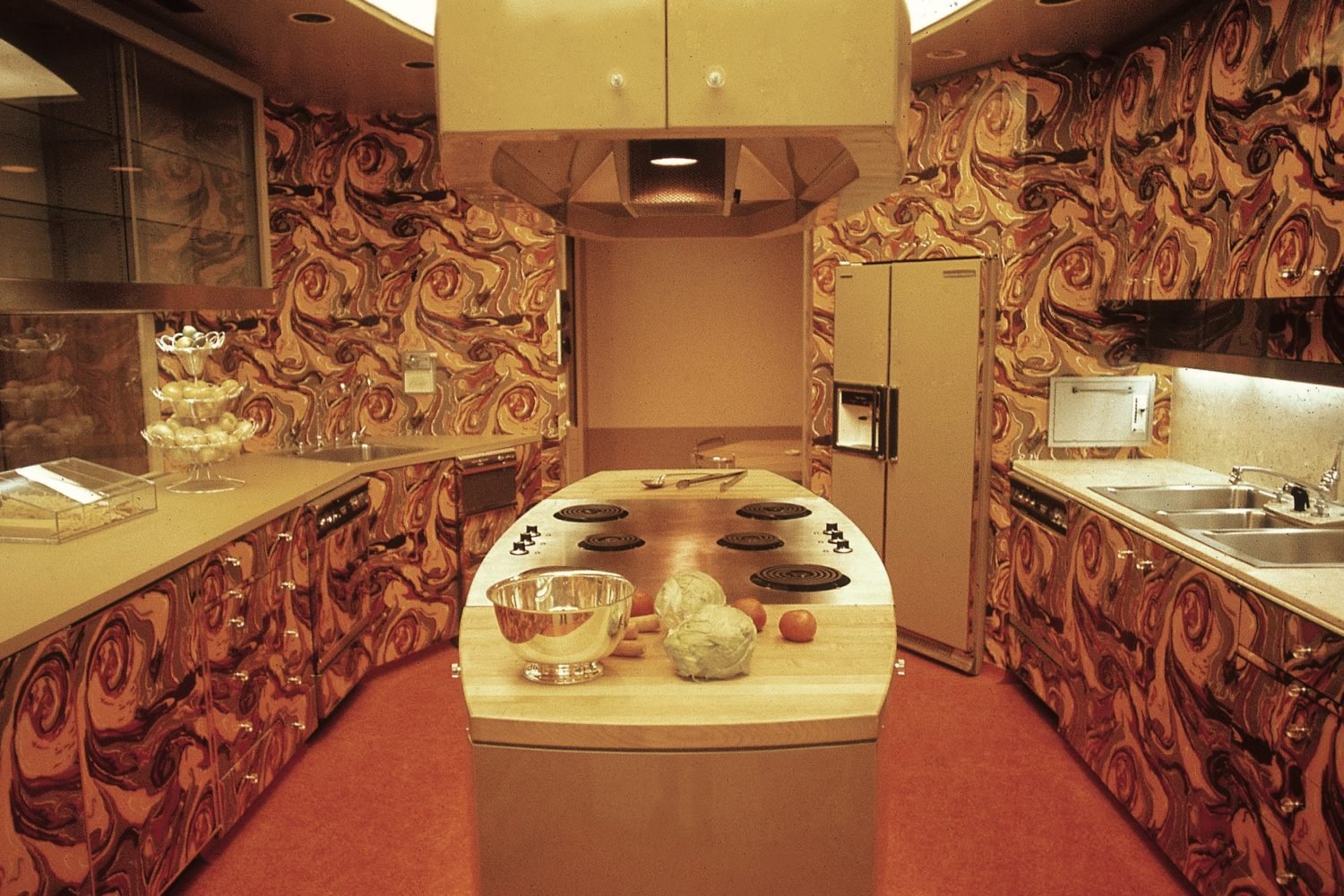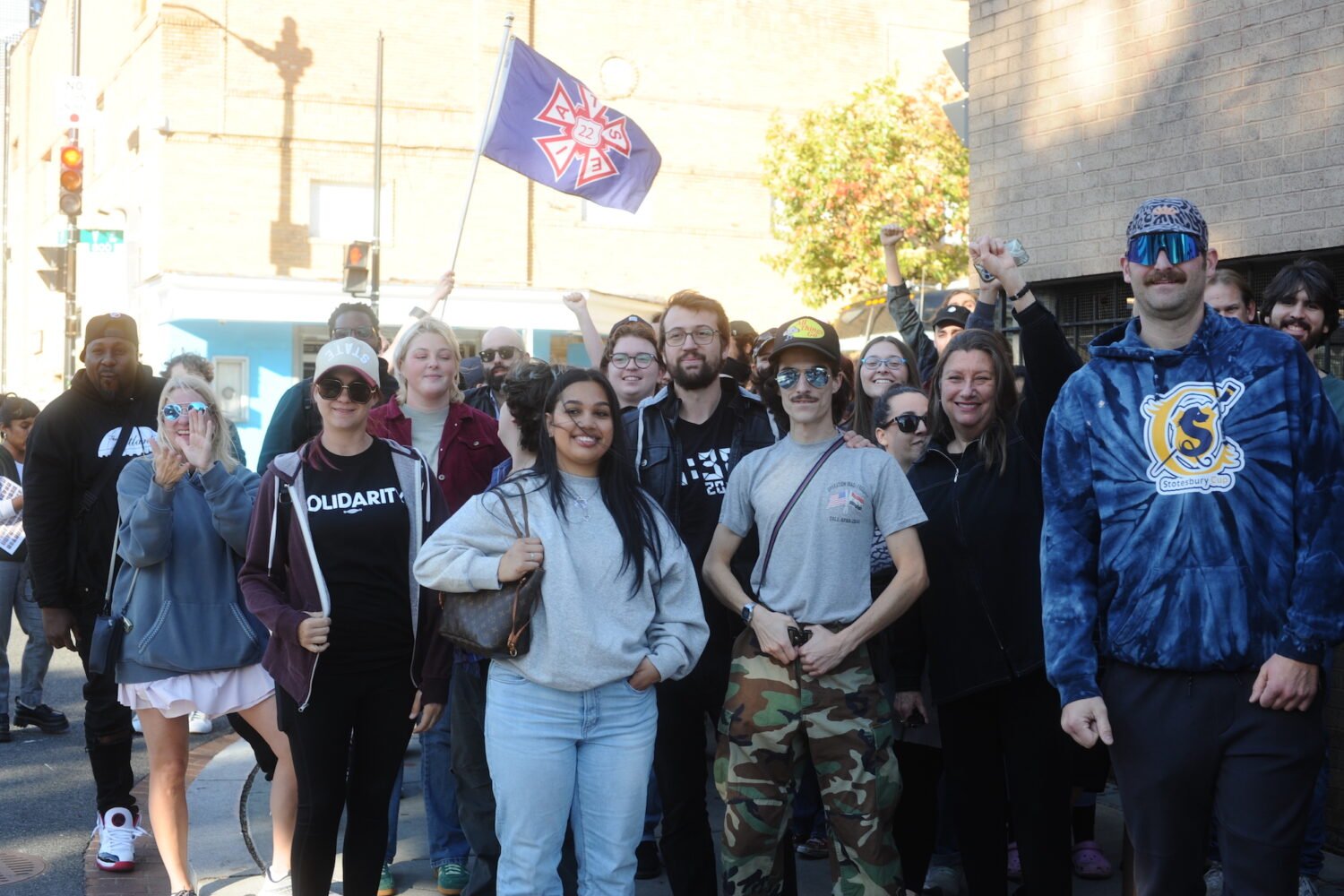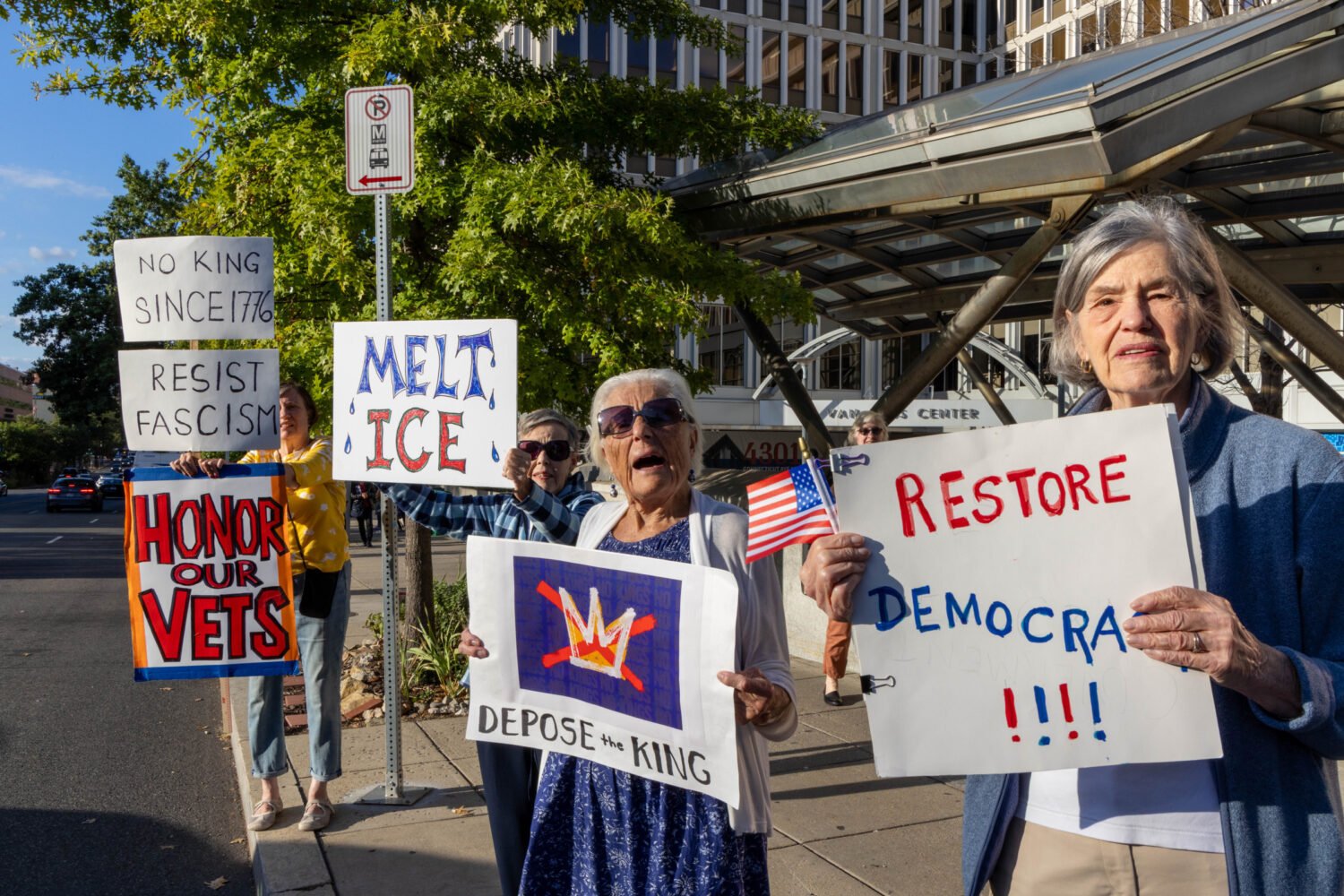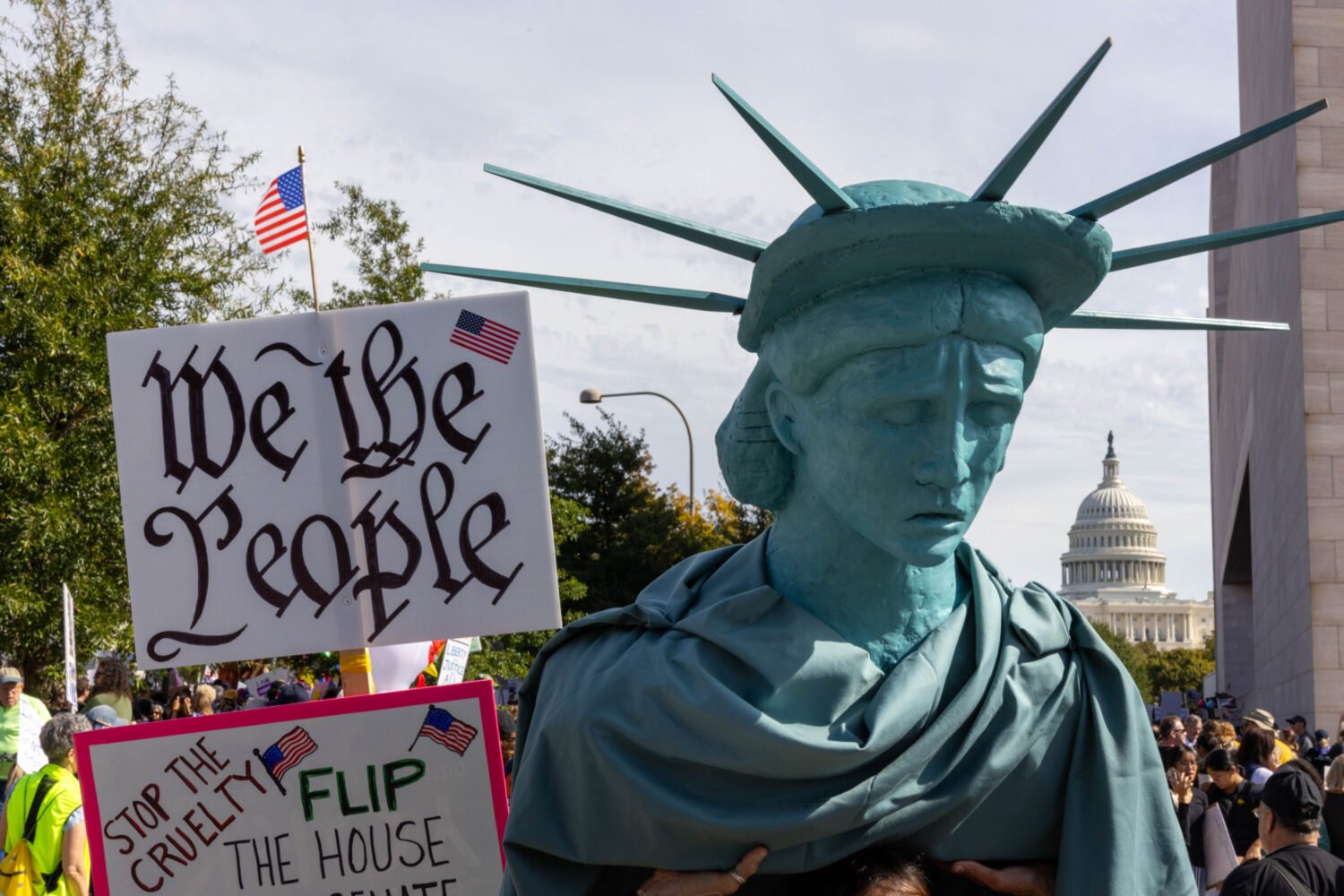The National Museum of African American History & Culture today released Talking About Race, a web portal designed to provide free educational resources and tools from scholars, activists, historians, and more with the goal of teaching everyone how to have conversations about race and racism.
“The online portal provides digital tools, online exercises, video instructions, scholarly articles and more than 100 multi-media resources tailored for educators, parents and caregivers—and individuals committed to racial equality,” the museum wrote in a press release. “A rash of racially charged incidents—from an altercation in Central Park to acts of police brutality resulting in the deaths of Breonna Taylor and George Floyd and the protests they provoked in cities around the country—prompted the museum to move up the release date of Talking About Race.”
The portal has gathered decades of race research in one place. There are suggestions for how to talk about racism with your kids, coworkers, or students. Listen to Ibram X. Kendi, the founder of American University’s Antiracist Research & Policy Center, discuss “The Invention of Race.” Watch lawyer/critical race theorist Kimberlé Williams Crenshaw examine “The Urgency of Intersectionality” in a TED Talk. Learn about whiteness from scholar Robin DiAngelo, the author of White Fragility: Why It’s So Hard for White People to Talk About Racism. From the museum’s press release, this first phase of the portal features eight topics to explore:
Being Anti-Racist: a conscious decision to make frequent, consistent, equitable choices daily.
Bias: the inclination or prejudice toward or against something or someone.
Community Building: connecting and engaging with others doing anti-racism work and exploring issues of race.
Historical Foundations of Race: how race, white privilege, and anti-blackness are woven into the very fabric of American society.
Race and Racial Identity: how societies use race to establish and justify systems of power, privilege, disenfranchisement, and oppression.
Self-Care: caring for one’s mental, emotional, and physical health to sustain the work of dismantling racism.
Social Identities and Systems of Oppression: systems built around the ideology that some groups are superior to others.
Whiteness: an ideology that reinforces power at the expense of others.
This one’s for you, white folks. If you’re at home wondering what you can do to make change, let this be your first step.

